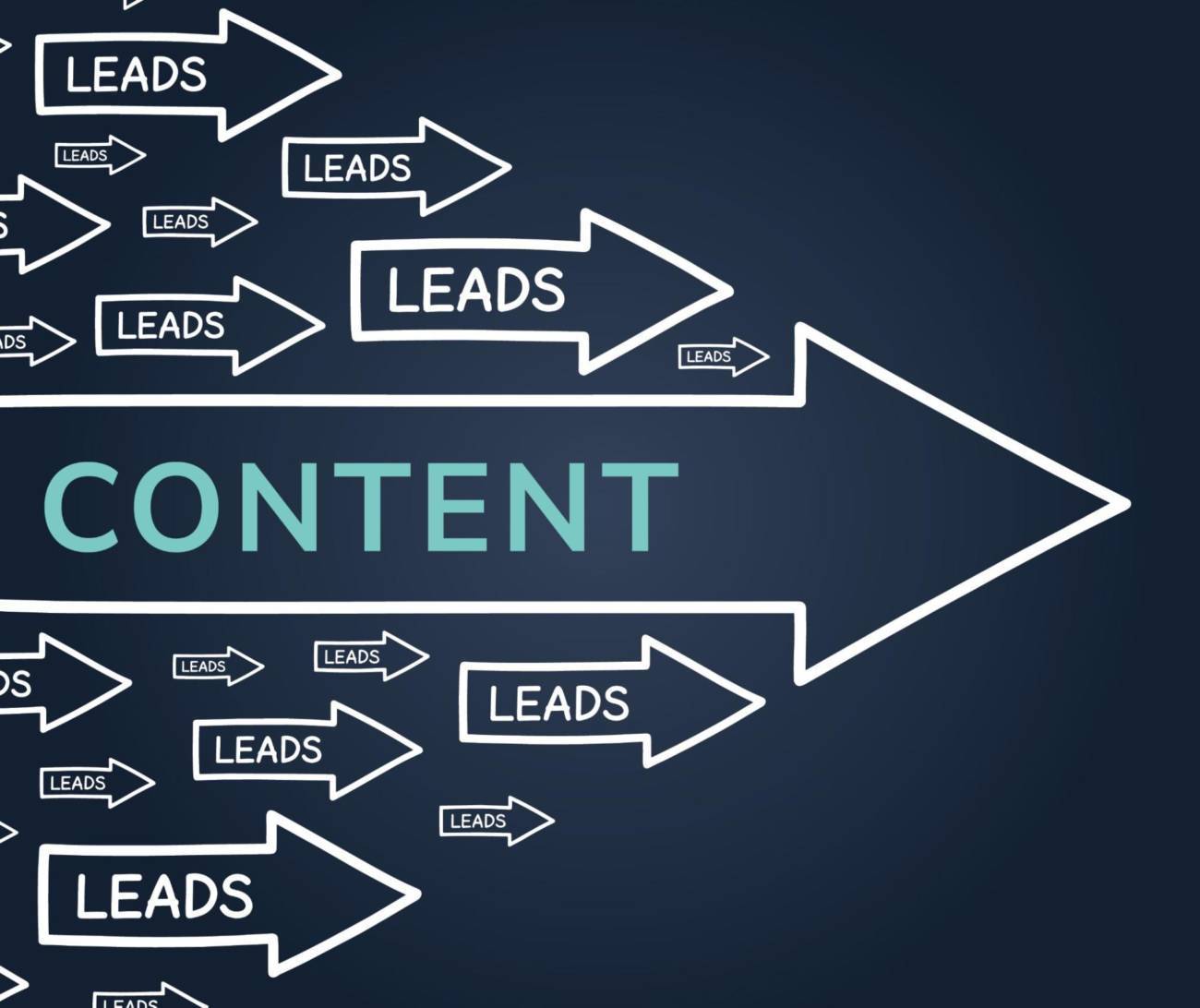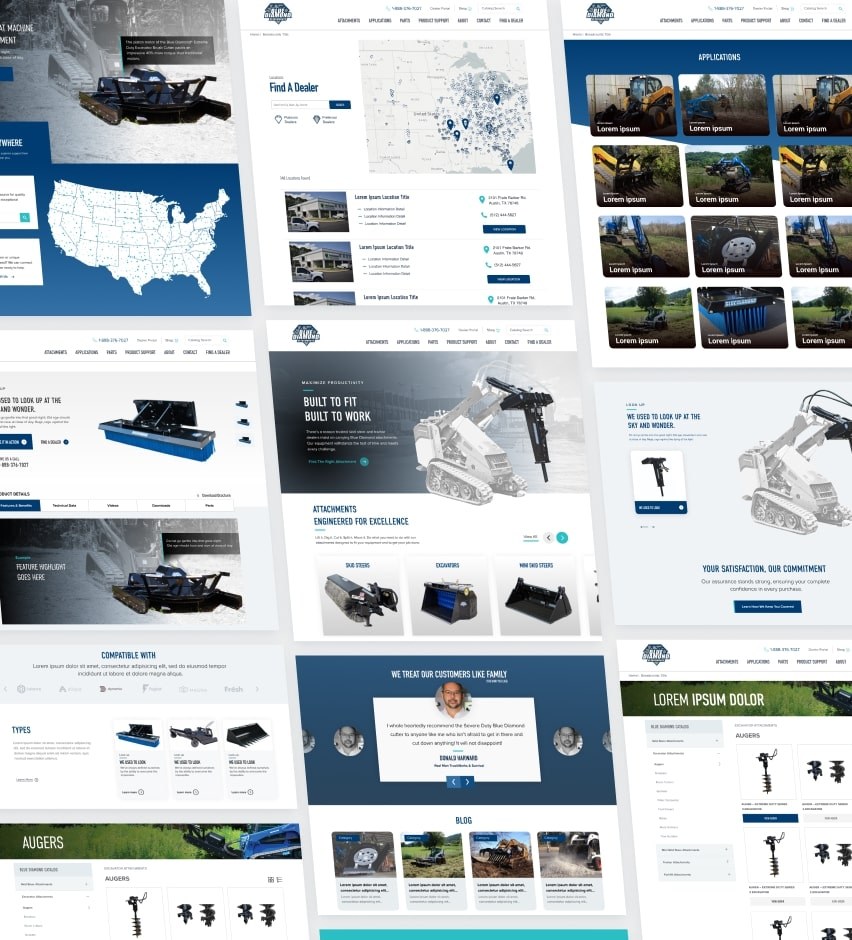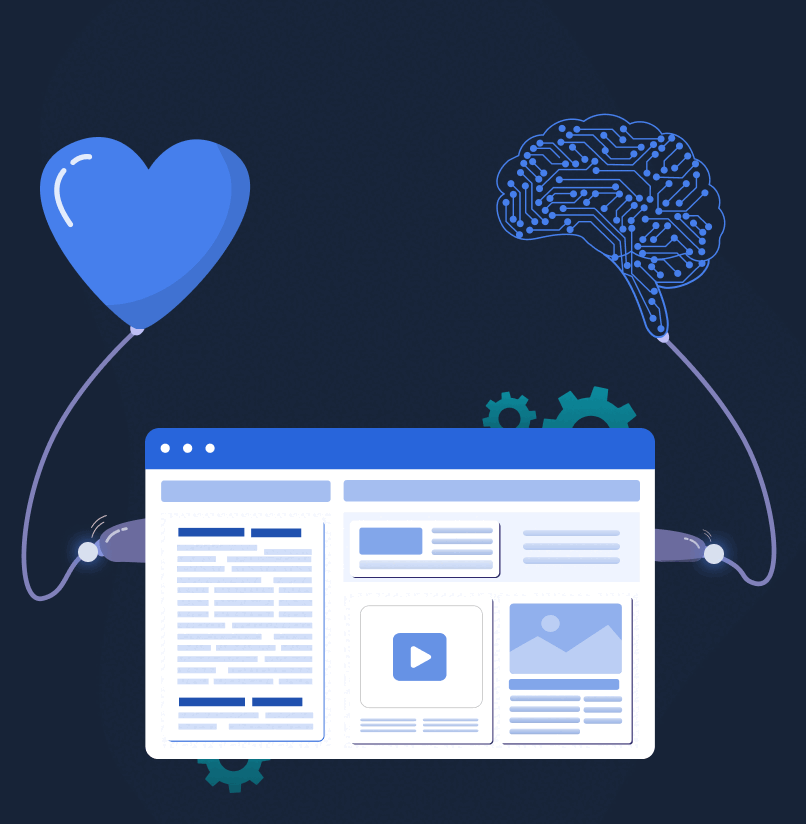

How to Generate B2B Leads with Website Content
Lead generation is a cornerstone of the complex world of B2B marketing and attracting qualified leads is essential.
Your website acts as the virtual storefront for prospects arriving in various ways. Website content reigns as a primary path to your website, whether it is a page highlighting a product or service, a case study, a blog article, or a video, to name a few.
We look at the benefits, opportunities, and how a purposeful strategy for generating high-quality B2B leads delivers results.
Understanding B2B Lead Generation
B2B lead generation involves identifying and guiding potential customers through the sales funnel. Content shapes the buyer's journeys and influences decisions.
Distinguishing between Marketing Qualified Leads (MQLs) and Sales Qualified Leads (SQLs) is fundamental. MQLs are nurtured through insightful content, while SQLs are primed for direct sales engagement.
Offer diverse lead generation avenues such as newsletter signups, webinars, contact forms, and free trials to cater to varied audience preferences.
The Crucial Foundation for B2B Lead Generation
 Producing content with purpose involves deep market understanding.
Producing content with purpose involves deep market understanding.
Conduct thorough audience research to identify their needs, goals, and pain points.
Unique personas help you tailor and develop content for different buyer journey stages to ensure relevancy and resonance.
Addressing specific challenges individuals face fosters a connection that mere advertising rarely achieves.
Establish your company as a thought leader by consistently producing high-quality content and industry insights.
Best Types of Content for B2B Lead Generation
The type of content for generating B2B leads depends on the user journey stage it targets. While a social media post may spark curiosity, content that offers technical information and supports the unique value proposition ultimately drives the transaction.
- Whitepapers and eBooks: Dive deep into topics, showcasing industry knowledge and expertise.
- Case Studies and Success Stories: Provide real-world examples, emphasizing the value of your products or services.
- Videos and Webinars: Create immersive experiences, fulfilling various information needs a all three stages of the buyer’s journey.
- Landing Pages: Act as direct gateways for conversion, ensuring focused engagement.
- Articles and Blog Posts: Deliver valuable insights and expertise in a digestible format.
- Infographics and Data Visualizations: Simplify complex information for enhanced engagement and shareability.
Blend different content types strategically to cater to diverse audience preferences and learning styles.
Keep Content Fresh and Relevant
High-quality content is a perpetual motion machine for sustainable and dependable B2B lead generation. Google and Bing value relevant content and feature it more prominently in search results. That then attracts more and more engaged visitors.
There’s no resting, though.
Regularly measuring and analyzing content performance is essential. Gather feedback and insights from lead interactions to understand what works best. Data-driven decisions offer insights for iterative optimization, ensuring your content strategy evolves with user needs and market demands.
Don’t overlook the ancillary benefits – a robust content strategy boosts organic search performance and brand awareness.
The Lasting Impact of B2B Content Strategy
A well-crafted content strategy positions your company as an authority, builds credibility, and significantly improves organic search performance.
Integrating compelling lead magnets and strategic CTAs support conversions – a contact for submission, email, or phone call. Social media promotion and influencer collaborations amplify reach while lead nurturing and sales alignment optimizes every lead.
Key Takeaway: A purposeful content strategy isn’t just a tool; it’s the essence of sustainable B2B lead generation, creating a lasting impact in the digital marketplace.
Contact DBS to generate leads with your website content.





